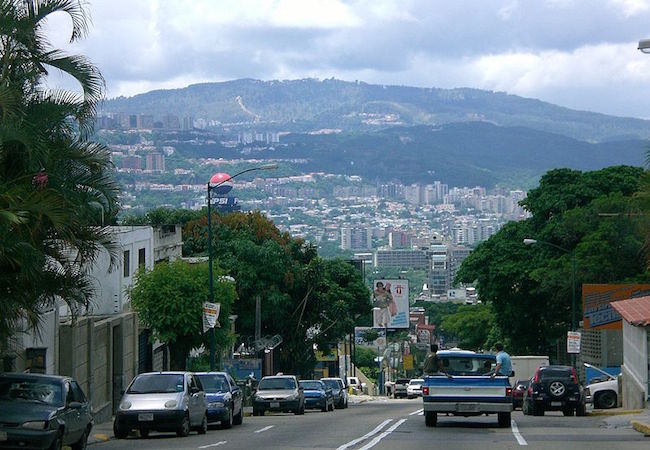
Brazilian government would like to block Venezuela from taking the rotating presidency of Mercosur later this month, a move to further debilitate Venezuelan president Nicolas Maduro’s power, according to Planalto sources close to interim president Michel Temer, who admitted the proposal has yet to be discussed with other members.
Under suspended President Dilma Rousseff and her predecessor Lula da Silva, Brazil gave strong, although recently quiet, support to Venezuela’s former President Hugo Chavez and his successor Maduro. Former liberal Brazilian ex Fernando Henrique Cardoso also provided crucial support, funds and oil, to Chavez during the 2002/03 strike at PDVSA, the country’s oil company and main source of income.
The strike was accompanied by an attempted coup, which finally collapsed, and Chavez returned to office.
However the foreign minister of Temer’s administration Jose Serra has said he wants to focus Brazil’s foreign policy more on trade with the United States and the European Union and less on taking what he called ideological stances driven by Lula-Rousseff’s Workers Party.
Serra also wants to see Brazil freed from the Mercosur rule banning members from signing bilateral trade deals unless all members agree.
That rule stands in the way of the Temer government’s effort to open up Brazil’s economy, one of the most closed in Latin America because of high tariffs and a lack of trade agreements.
There are two ways Brazil could try to block Venezuela from taking over the Mercosur presidency, said the presidential aide. Brazil could work to cancel or delay the meeting this month, which would temporarily keep Uruguay at the head of the trade bloc. Or it could try to win the votes of other members to suspend Venezuela from Mercosur.
Paraguay last week asked for an emergency Mercosur meeting, scheduled for next week, to discuss the political situation in Venezuela and consider a possible suspension.
Nevertheless whether Brazil’s plans finally work out, it has been agreed that Uruguay will continue commanding the Mercosur trade talks with the European Union. Venezuela is not included in the negotiations since it became full member in 2012 and the trade talks took off in 1999.




